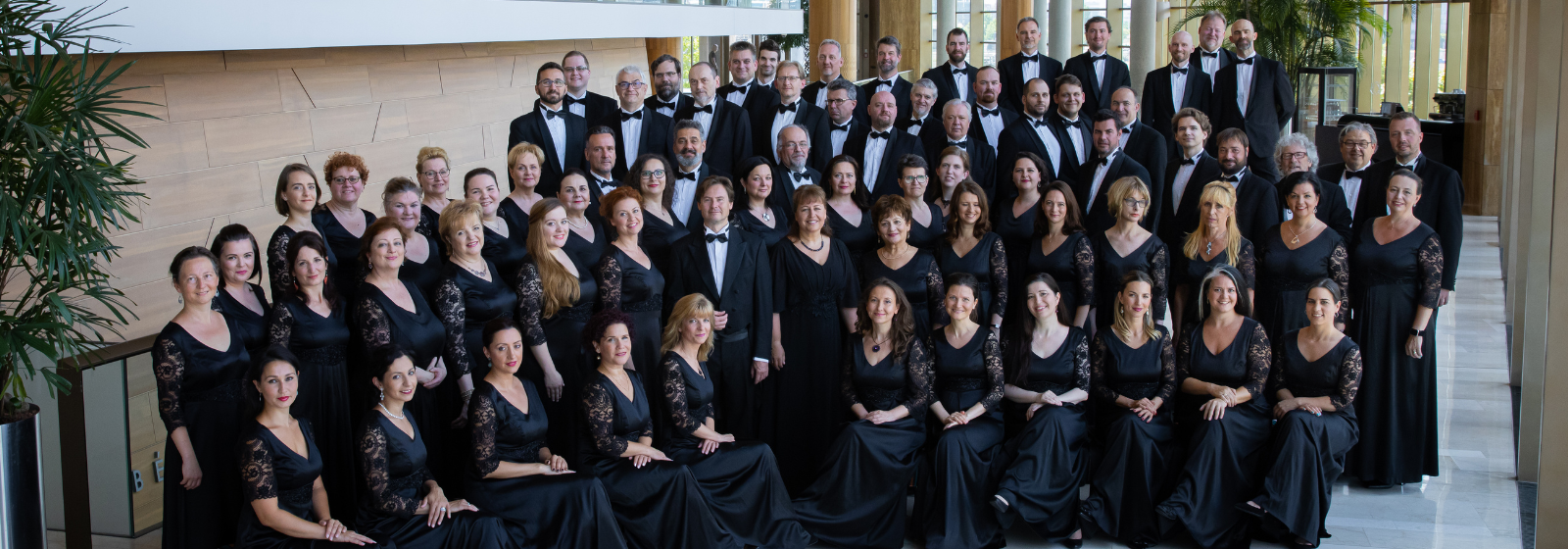
Budapest
HUNGARIAN NATIONAL CHOIR 40 – ANNIVERSARY CONCERT
Pászti season ticket 3
Johannes BRAHMS: Schicksalslied (Song of Destiny), Op. 54
Felix MENDELSSOHN: Hör’ mein Bitten, WoO 15
***
Felix MENDELSSOHN: Symphony No. 2 in B-flat major (“Song of Praise” – “Lobgesang”), Op. 52
Kinga Kriszta soprano
Lilla Horti soprano
Szabolcs Brickner tenor
Hungarian National Choir (choirmaster: Csaba Somos)
Hungarian National Philharmonic Orchestra
Conductor: Csaba Somos
The Hungarian National Choir, one of the country’s leading professional choral groups, is turning 40 years old. Founded in 1986 by Miklós Pászti, its artistic activity has been directed by Csaba Somos since 2016. Conducted by its choirmaster, the choir will give a jubilee concert on the third evening of the Pászti season ticket, with one Brahms piece and two Mendelssohn works on the programme. Schicksalslied, the hymn Hör mein Bitten and the Symphony No. 2, also known as Lobgesang, are all rarely heard masterpieces that are always worth dusting off. The collaborators on the night are the Hungarian National Philharmonic Orchestra and three outstanding representatives of Hungary’s vocal elite: Kinga Kriszta, Lilla Horti and Szabolcs Brickner.
For the 2025/2026 season, the Pászti season ticket of the Hungarian National Philharmonic includes not one but two anniversary concerts: after we paid tribute to our former choir director, the 80-year-old Mátyás Antal, in late October, the time will come in March for the ensemble itself to blow out the birthday candles, 40 of them in all. Founded in 1986 by the composer and choir director Miklós Pászti – then under the name of the Hungarian State Choir – the chorus, which later operated for a quarter of a century under the leadership of Mátyás Antal, is now preparing for its independent concerts and those with the Hungarian National Philharmonic under the baton of Csaba Somos, who has been its choir director since 2016. On the Brahms-Mendelssohn programme of the anniversary concert, we will hear rarely heard masterpieces in which the chorus has an important role to play. The evening will be crowned by the participation of the Hungarian National Philharmonic Orchestra, while the soloists Kinga Kriszta, Lilla Horti and Szabolcs Brickner will represent the cream of our current crop of singers.


